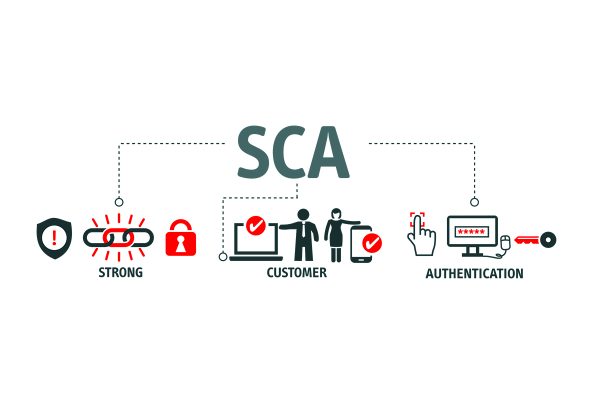I’ve lost count of the number of times a marketplace trader has had a chunky sale from a brand new customer with zero feedback and requested advice on how to deal with them. Should they take the sale, or is a zero feedback buyer too high a risk? Is this a scammer who’s just opened a brand new account or is it a potential customer for life who have opened an account specifically to buy from you? All is revealed in the ninth Fraud Attack Index released by Forter today.
And, the zero feedback customer is occurring much more frequently than in the past, both on marketplace and on websites. Since the start of the pandemic, consumers have flocked online and if their regular retailers don’t have a product in stock then they’ll be turning to marketplaces or your website to fulfil their requirements. New customer accounts now represent 30% of transactions, five times more than they did pre-COVID-19. This is good news for retailers, but merchants using legacy fraud prevention systems could miss out on some of this revenue potential due to high false decline.
The growth in transactions driven by the consumer shift from bricks-and-mortar stores to online purchasing is masking the fact that the number of fraud attacks has risen in real terms, leading retailers into a false sense of security. Plus, omnichannel fraud is growing: Buy Online, Pick-up In Store (BOPIS) fraud rose 55% as new customer service options are subjected to significant fraud – who hasn’t had an order placed only for the customer to message asking for a different delivery address? Forter’s ninth Fraud Attack Index warns that Account Takeover (ATO) and Policy Abuse such as returns abuse, promotion abuse, and reseller abuse are set to surge during the holiday season.
“A rapid rise in new customer accounts, coupled with having to pivot quickly from brick-and-mortar to online sales channels, put unprecedented stress on merchants as they tried to perfect the ecommerce experience. It is clear from what we’ve seen that some retailers were more agile and prepared for this than others, quickly introducing new services such as curbside pickup and Buy Online, Pick-up In-Store, in a bid to retain new customers.
To fully realize this new revenue potential, merchants need more accurate fraud prevention that can distinguish between these valuable new customers and fraudsters. Merchants can have a false decline rate between 5-7x higher for new customers – typical of legacy systems that do not have sufficient data on new account holders.”
– Michael Reitblat, CEO and Co-Founder, Forter
As retailers prepare for a critical holiday season and aim to recoup some of the year’s earlier losses, Forter’s research indicates that ATO attacks, and returns and delivery fraud will surge as fraudsters seek to exploit the increase in online shopping. At the same time, customers will be more likely to take unfair advantage of promotions and abuse delivery and returns policies. Fraud and abuse trends that retailers need to prepare for include:
- Account Takeover fraud to dramatically Increase
Forter’s analysis indicates that fraudsters will seek to operationalize the data they’ve stolen and collected through data breaches and social engineering scams conducted during COVID-19 disruption. Also, new customer accounts opened by less experienced users are likely to use weaker passwords, fewer security steps, and be more vulnerable to ATO. As a result, retailers need to prepare for increasing ATO attacks during the holiday season.
- Returns and Delivery Fraud will continue to rise
Retailers increasingly offered flexible omnichannel customer service options such as Buy Online, Return in Store (BORIS) and BOPIS, to satisfy new customers during COVID-19. Fraud attacks exploiting BOPIS policies increased 55% compared to H1 2020, as merchants offering frictionless experiences are less likely to ask for customer identification. Forter anticipates fraudsters will increasingly target and exploit returns and delivery services as online shopping surges over the holiday season.
- Policy Abuse Set to Spike
Merchants courting new customers with aggressive promotions and user-friendly omnichannel options, will expose themselves to greater abuse risk, including returns, promotion and reseller abuse.
You can download the full 9th Forter Fraud Attack Index here.









